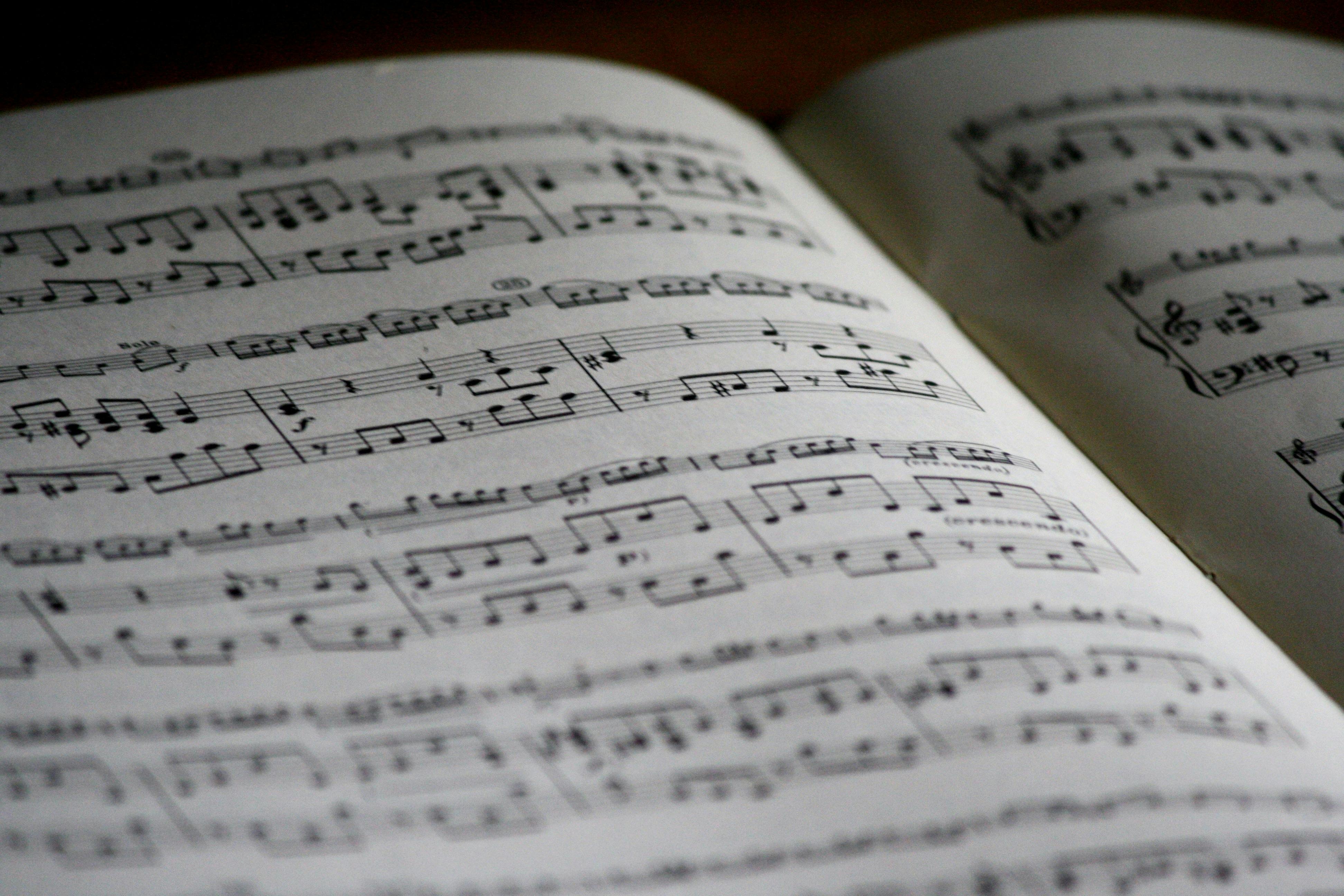Laxmi, Matt, & Savannah
Throughout the course of writing these blog posts, we have realized that although our majors vary vastly they still relate to one another. Our majors are comprised of engineering, music, and history. Each major is difficult, whether that means that graduating is challenging, or that getting a job after graduation is a struggle in itself.
 |
| http://www.lahabraca.gov/ImageRepository/Document?documentID=853 |
Engineering has one of the highest dropout rates in the United States, and even around the world. There are many reasons that contribute to this such as the rigorous math and science classes that prospective engineers need to take. You need to be at least moderately proficient in maths to have any meaningful insights in engineering mechanics. In my post titled “What is Computer Engineering #1”, we talked about all the math and science classes that an engineer needs to take to fulfill their graduation requirement. For most engineers, they need to take all the math classes up to Differential Calculus, which is one of the most abstract math class one will take in his career. It is widely regarded as one of the hardest classes in an engineer's career. Engineering is a field that requires high level of analytical mind, and creative thinking, for some individuals this is hard to find. Along with taking abstract classes, a prospective engineer needs to be creative to solve problems to come up with applicable solutions. There are many abstract concepts at play in real machinery. An engineer has to be imaginative to apply those concepts to solve problems. To be a good engineer in this era you must be good with software manipulation or programming. Ask anyone who is a programmer, they will tell you that it is difficult to learn. Engineering is not limited to production lines anymore, ergo, engineers need to be good at manipulating software. Engineering is a field that helps society directly. Unlike other fields, in engineering, the equations do really come to life and move around you. Most students going into engineering change their mind within the first year of engineering school due to the rigorous course and creative thinking
Likewise, most freshmen entering college with a History major in mind, either do not graduate with a degree in that field or at least double major with something more tangible like language arts. But don’t be discouraged! You don’t see homeless former History majors out on the corner do you? History degrees usually do not get employed by academic institutions right out of school, but are surely employed because of how marketable the skills developed during that period are. Skills such as critical thinking, analysis of documents, and communication all make the History major extremely competitive in the non-quantifiable job market. The most important idea to learn
 |
| Photo Courtesy of factsanddetails.com |
while studying History is the ability to analyze a document and write for a specific audience. Many former students end up in magazines or newspapers relating to history which has a much different style in its format than that of the academic paper. This difference is called Popular vs Academic History, which I expand upon in the article “Popular v. Academic History”! Historians also find jobs working at large companies in positions such as Project Managers and Research Associates because of their focus on critical thinking and analysis. So, if you are thinking about going into History, don’t be too worried, there’s a future out there for you too! You just have to willing to expand your horizons!
 |
| Courtesy of static.pexels.com |
Not surprisingly, the graduation rate for musicians isn’t staggeringly high. According to Berkeley College of Music, 45.4% of 2 year students graduate, 59% of 4 year students graduate. This is coming from a school with above average graduation rates. Just like engineering and history, majoring in music is rigorous and challenging. While in school, music majors are swamped with difficult classes like Music Theory, a class about the more technical and complicated points of musical notation, and Ear Training & Sight Singing, a class where students learn to identify specific pitches, intervals, and more just by ear or simply with a starting pitch. On top of classes like these, music majors have lessons with a professor in which they sharpen their skills in their instrument, different ensembles that take hours of rehearsal, and an hour or more daily in a practice room to work on their instrument. Being a music major requires hours of time outside of classes for additional rehearsals, performances, and not to mention homework. Even after graduating, musicians—specifically performers—are thrown into the world of nonstop auditions and callbacks. Performers never have stable jobs, seeing as they work from performance to performance. Plus, they are constantly up against other musicians at every single audition. Rest assured, there will always be some kind of work for a musician. When it comes down to it musicians don’t major in music for money or fame. I explain this in my post, “Majoring in Music… Why?” to let others know that music majors do what they do for a genuine love of the art and a passion to share music with others. While it may be tough and stability isn’t guaranteed, if it’s what you want to do then all of the hard work is worth it.
Even though it seems like music, engineering, and history have nothing in common, if you look closer you’ll find the similarities. Each one of us is working towards a career in something we love despite the difficulty. We may not share majors, or even a common field, but we share a dedication to our field and a drive to work our hardest and do our best no matter how tough it gets.



No comments:
Post a Comment